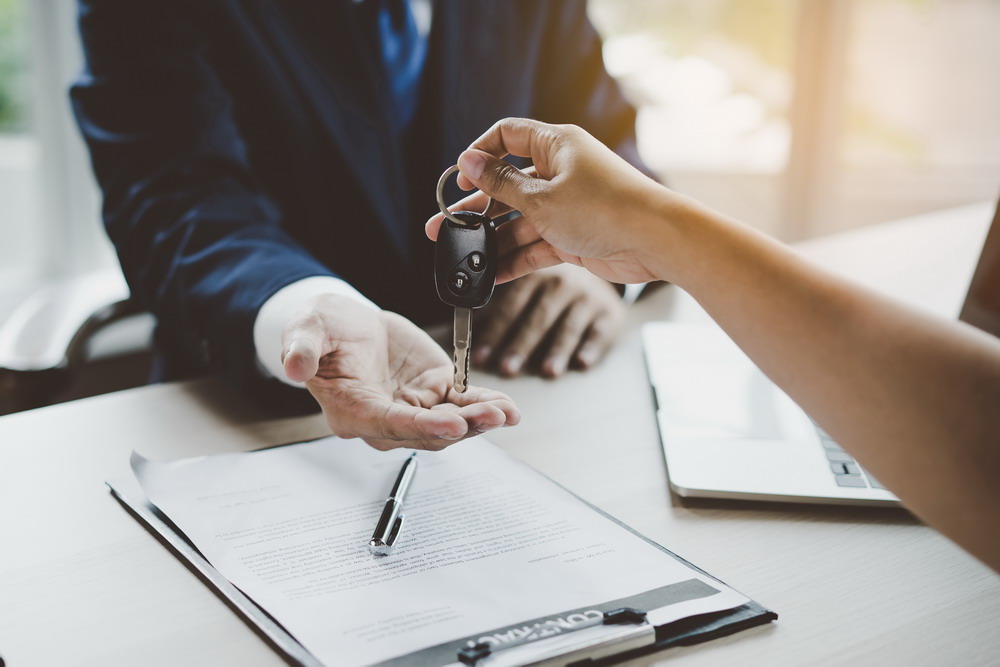If you are selling a used car in San Diego, you could scarcely do better than to go with a reputable dealership with nationwide connections. Such dealerships, like Cash for Cars in San Diego, offer all sorts of additional services such as free towing, expert valuation, and the highest possible quote for your car. Such dealerships can offer this because of their connection to a nationwide network of outlets and their huge inventory of used cars. This is on top of the necessary funds for expert renovation and restoration of used vehicles.
But one of the clearest benefits of selling your used car to a large dealership is that the requisite paperwork can be entirely handled by the company. This might not seem like the biggest benefit offered by such dealerships, but it has a very good claim to be. This is because the paperwork involved in the sale of a car (used or otherwise) is not only considerable in amount but is fairly complicated as well. This is especially true of older cars, which have perhaps seen multiple owners and which require the transfer of the car’s title, liability, and outstanding payments from buyer to seller. To appreciate the hassle that selling to a car dealership can take of your hands, it might be worth taking a rundown of just how much paperwork is involved in the sale of a used car.
The Danger of Private Sales
When it comes to private sales, the paperwork needs to be entirely handled by the seller. This can lead to several problems when selling privately.
Chief among these headaches involves the transfer of liability. If a car changes owner, then the DMV need to be made aware of this and the liability needs to be transferred from buyer to seller. This might seem like a simple enough matter, but it is one that involves a lengthy series of forms. Moreover, this is a matter that can be massively complicated by any outstanding payments a seller may have on the car. Too often, cars are sold without a full transfer of liability or a settlement involving any payments. The result of this can be a buyer driving around in a car registered in someone else’s name – and a seller still making payments on a car they do not own any more.
With a reputable dealership, there is no question of a buyer retaining any responsibility for the car after it has been sold. All outstanding payments can be reckoned into the buying price, and, with an in-house DMV department, the dealership can handle all paperwork. But what paperwork?
The Paperwork Needed to Sell a Car
Below is just a taster of the paperwork requirements:
Vehicle Report and Maintenance Records
There is no private seller that will not require extensive and up-to-date information regarding the history of your vehicle, especially if you are not the original owner. With a dealership, this is not required.
Warranty and As-Is Documentation
Warranty documentation is used for negotiation purposes as it proves the continued responsibilities of the seller and justifies a higher asking price. As-is documentation ensures the seller takes full responsibility for the car henceforth. With a dealership, there is no question of any continued responsibilities on the seller’s part.
The Title
If you are still making payments on your car, then the title is not actually in your possession, which makes things pretty complicated when selling privately. As mentioned, a dealership, will reckon up outstanding payments in the price, and you can be assured the title will be fully signed over at the point of sale.


